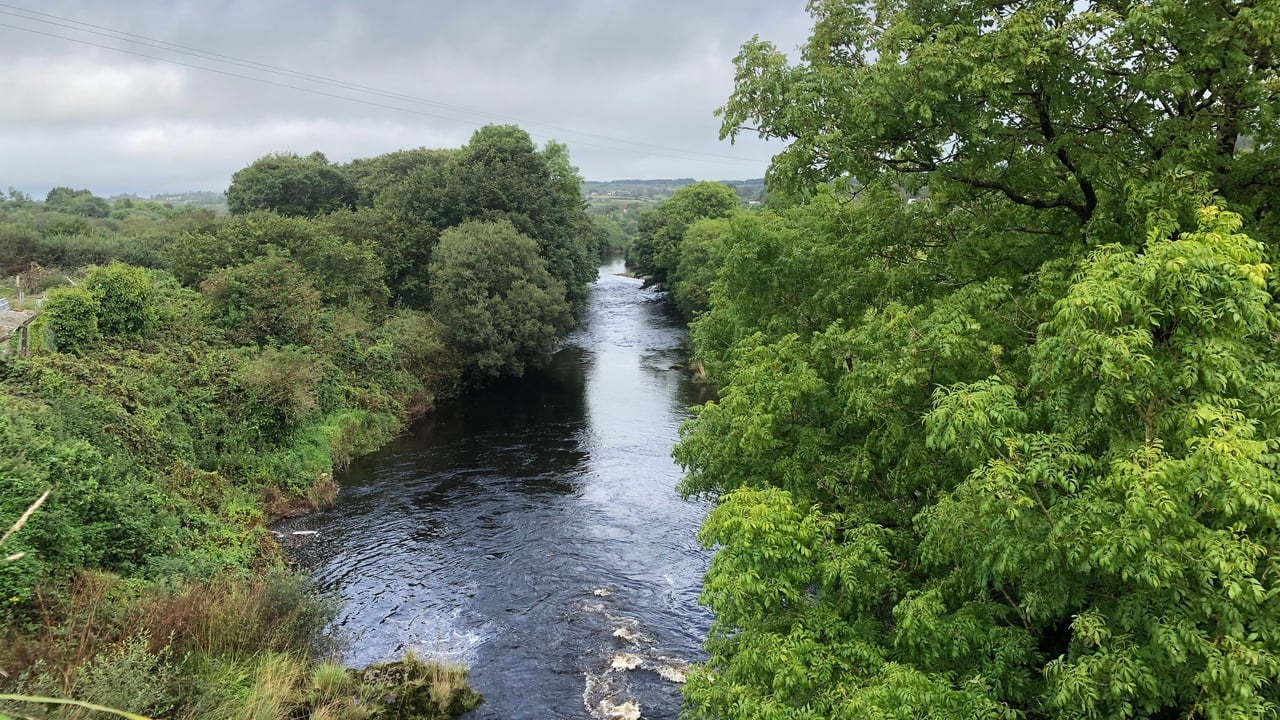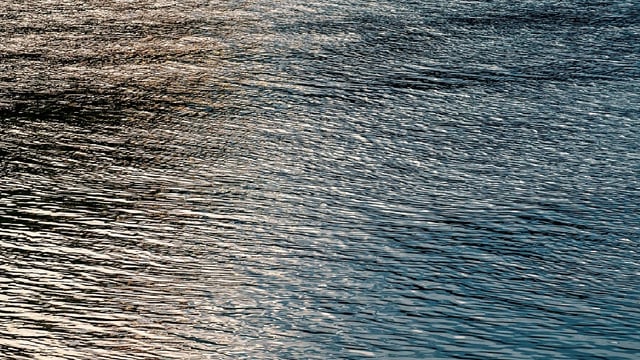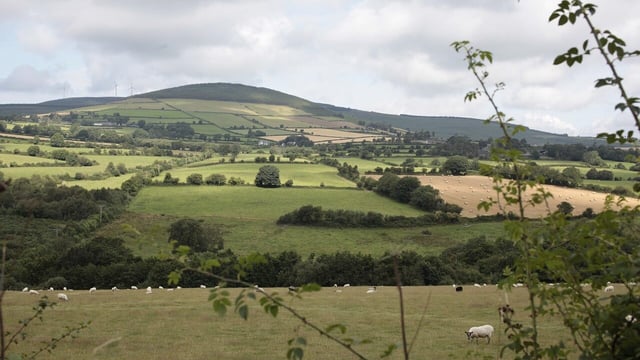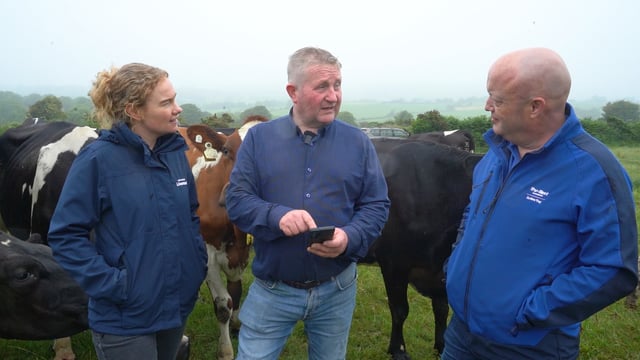EU-wide nutrient losses 'remain largely unchanged' - report
Nutrient losses to water have "remained largely unchanged" across the EU according to a European Commission report into progress on "zero pollution" targets.
The second bi-annual Zero Pollution Monitoring and Outlook report, published by the commission and the European Environment Agency (EEA) is described as an overview of the EU's work to meet 2030 zero pollution targets.
The report states that EU policies have contributed to reducing air pollution, pesticide use and plastic litter at sea. However, pollution levels are "still too high", with nutrient pollution being cited as one of the reasons.
The report says that "much stronger action is necessary" in the EU to achieve the 2030 targets.
It also says that zero pollution principles "must be integrated into all policies" and efforts taken at all levels to ensure further progress.
The report did note that pollution is decreasing from pesticides and antimicrobials, while air quality has also improved in the EU.
However, ongoing pollution, particularly from ammonia and nitrogen oxide, "continues to threaten EU ecosystems", the report claims.
The report also states that nutrient losses have remained largely unchanged, particularly due to "the persistent challenges of agricultural runoff and fertiliser use".
The commission said that "full implementation and enforcement of the EU environmental legislation is therefore crucial to achieve the 2030 zero-pollution targets".
The commission cited a number of legislative initiatives to pursue the zero pollution goals, including revision of the Industrial Emissions Directive, the Water Framework Directive, and the Nature Restoration Law.
On the latter, the commission said the law will contribute to further reduce pollution pressure on eco-systems, and increase overall ecosystem resilience.
Commenting on the report, European Commissioner for the Environment Jessika Roswall said: "European citizens want clean air, water and soil and safe chemicals so that their health and their environment are protected.
"But also businesses and farmers need a clean environment to thrive. Today we take stock of our journey towards 2030 zero pollution targets.
"We are headed in the right direction but challenges remain. So we need to focus on better implementation on the ground in the member states. Only timely and ambitious delivery of our policies will allow us to create a better living environment for all," Commissioner Roswall added.





